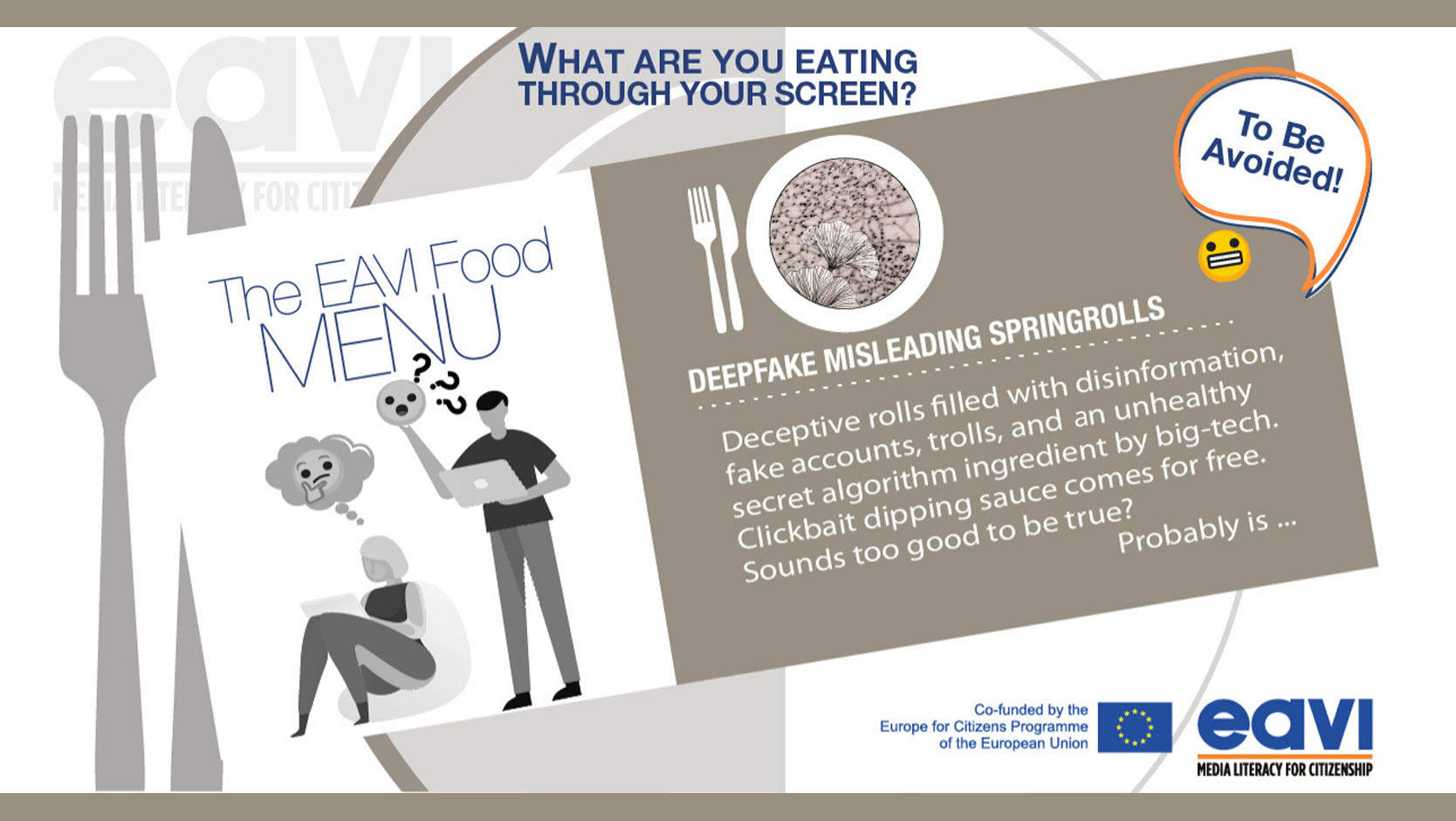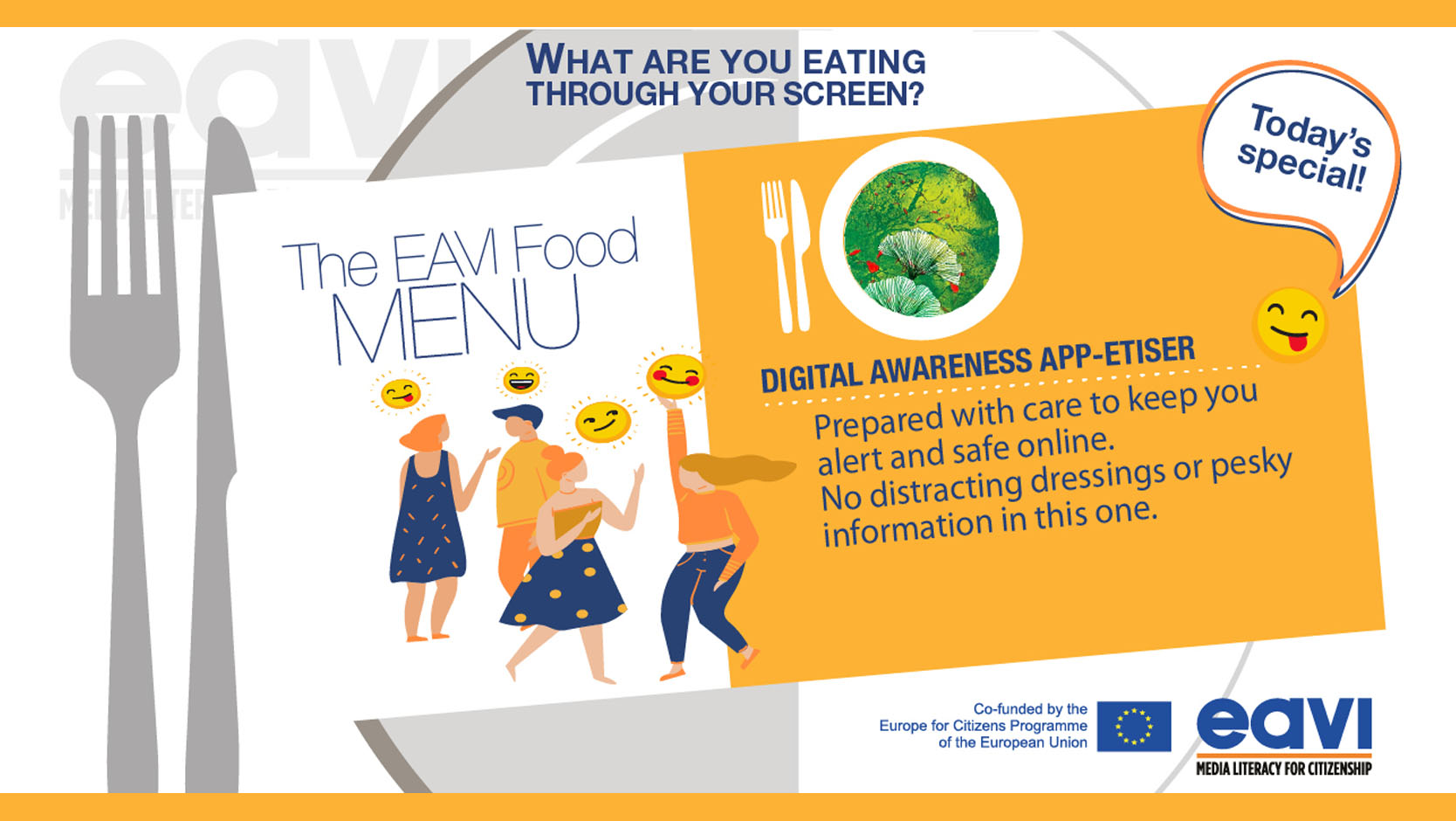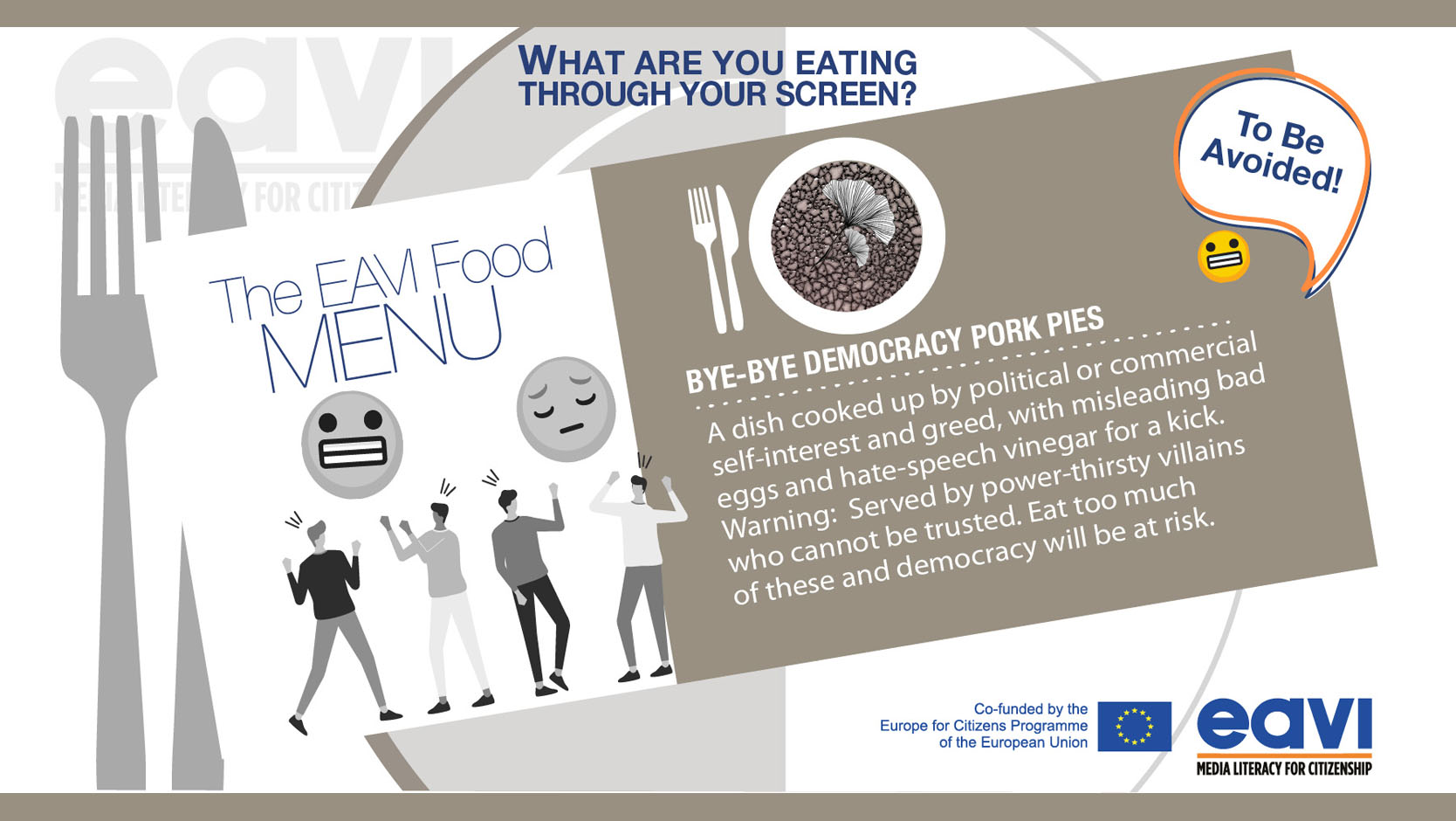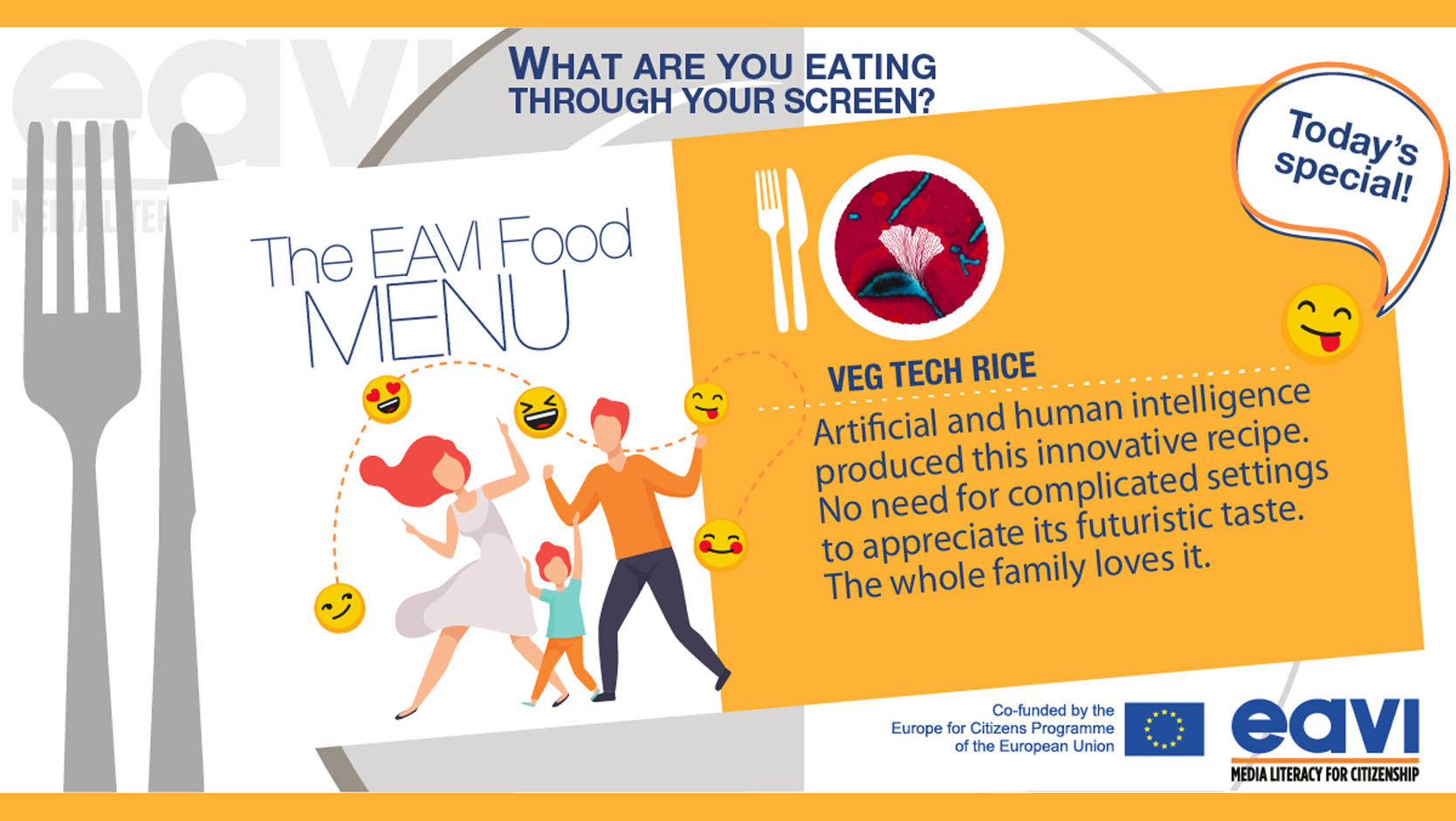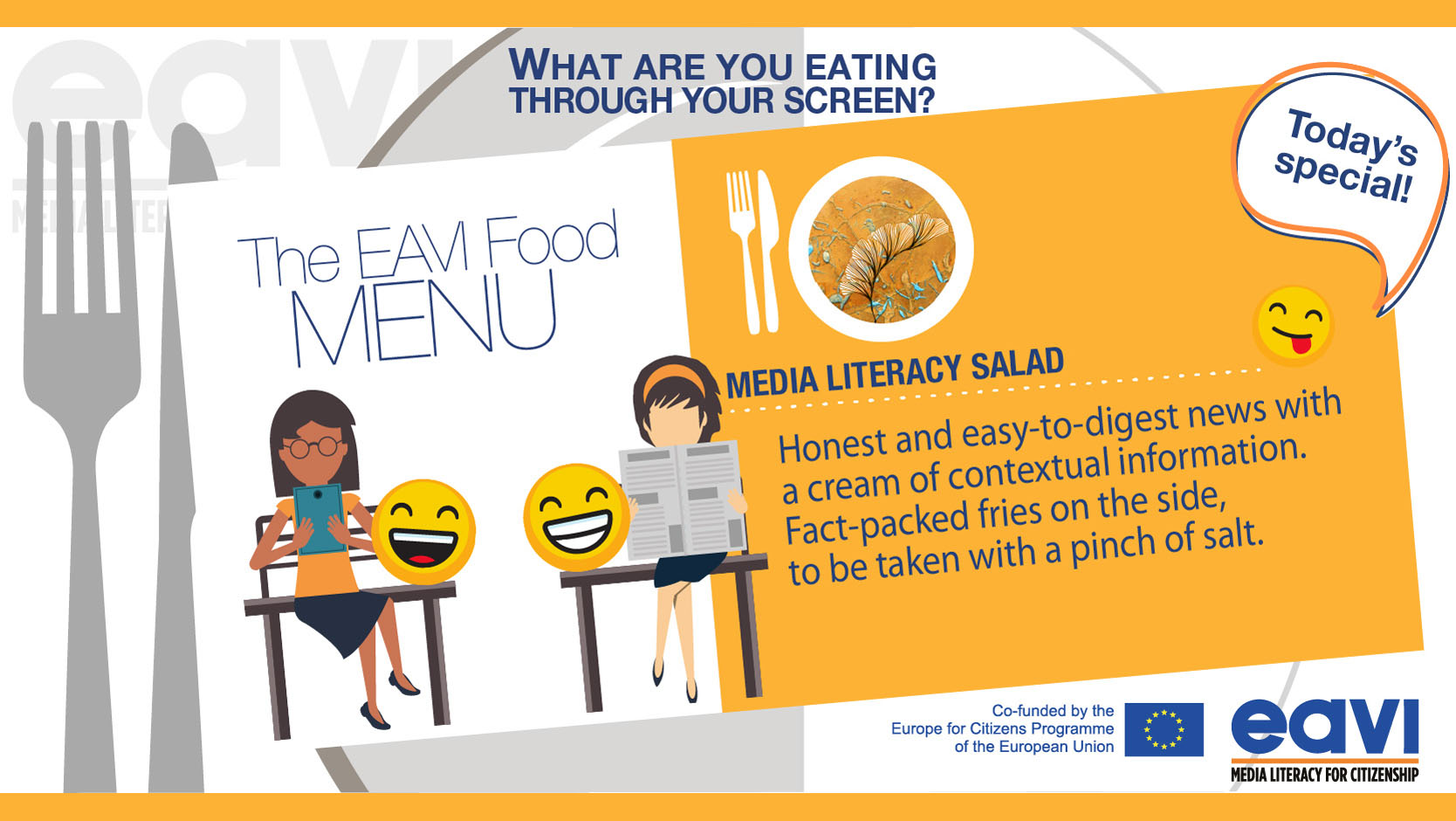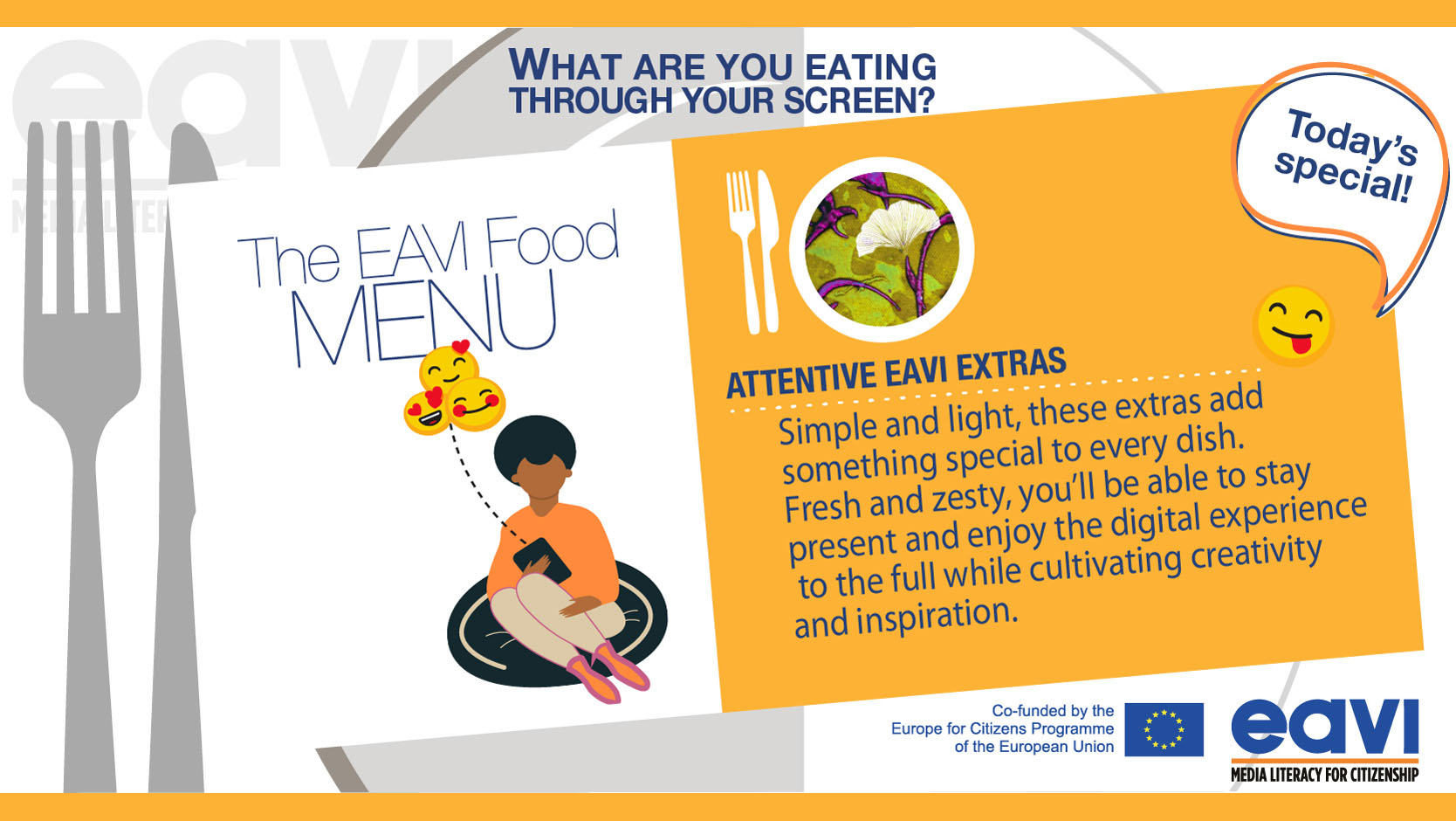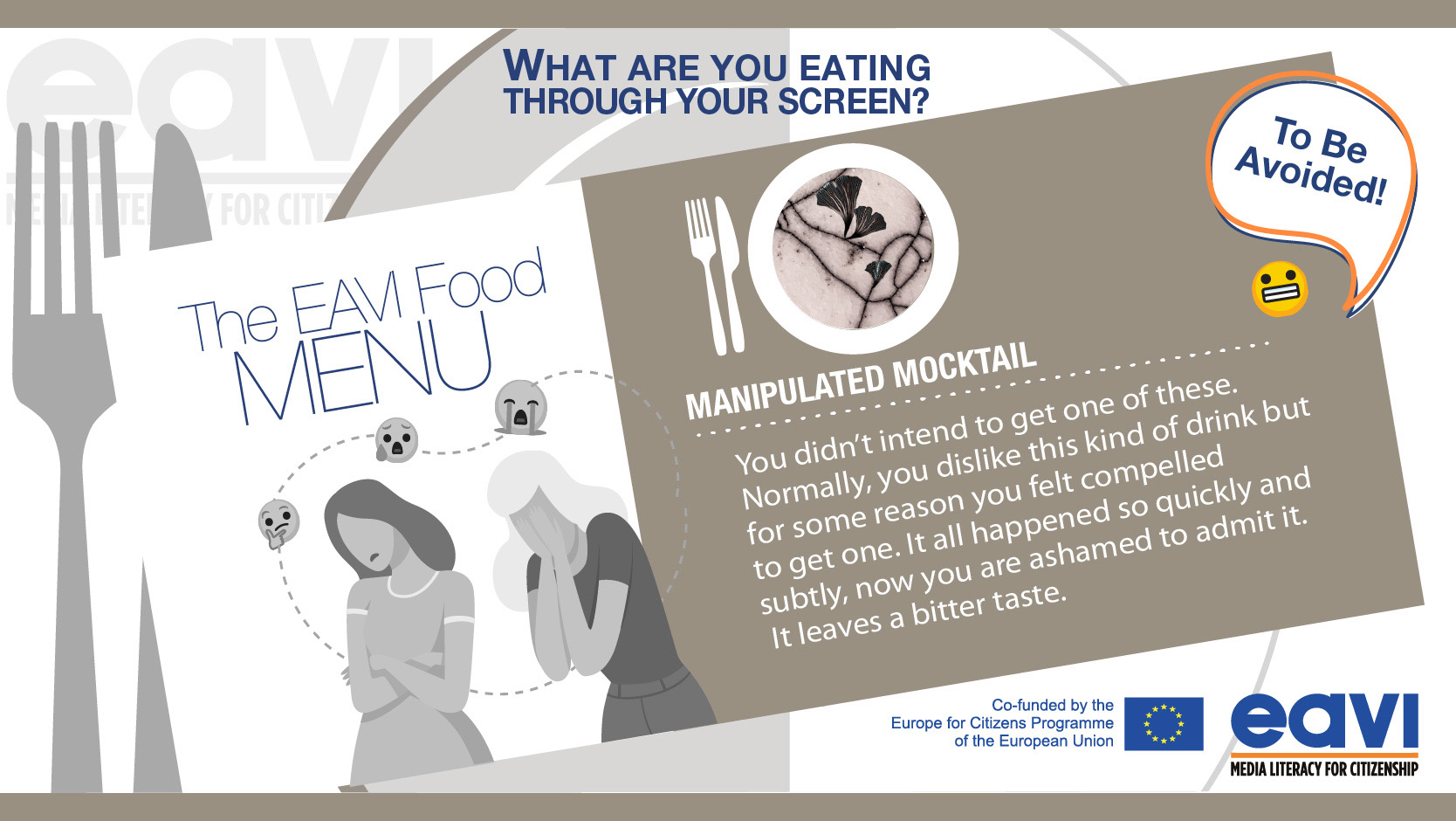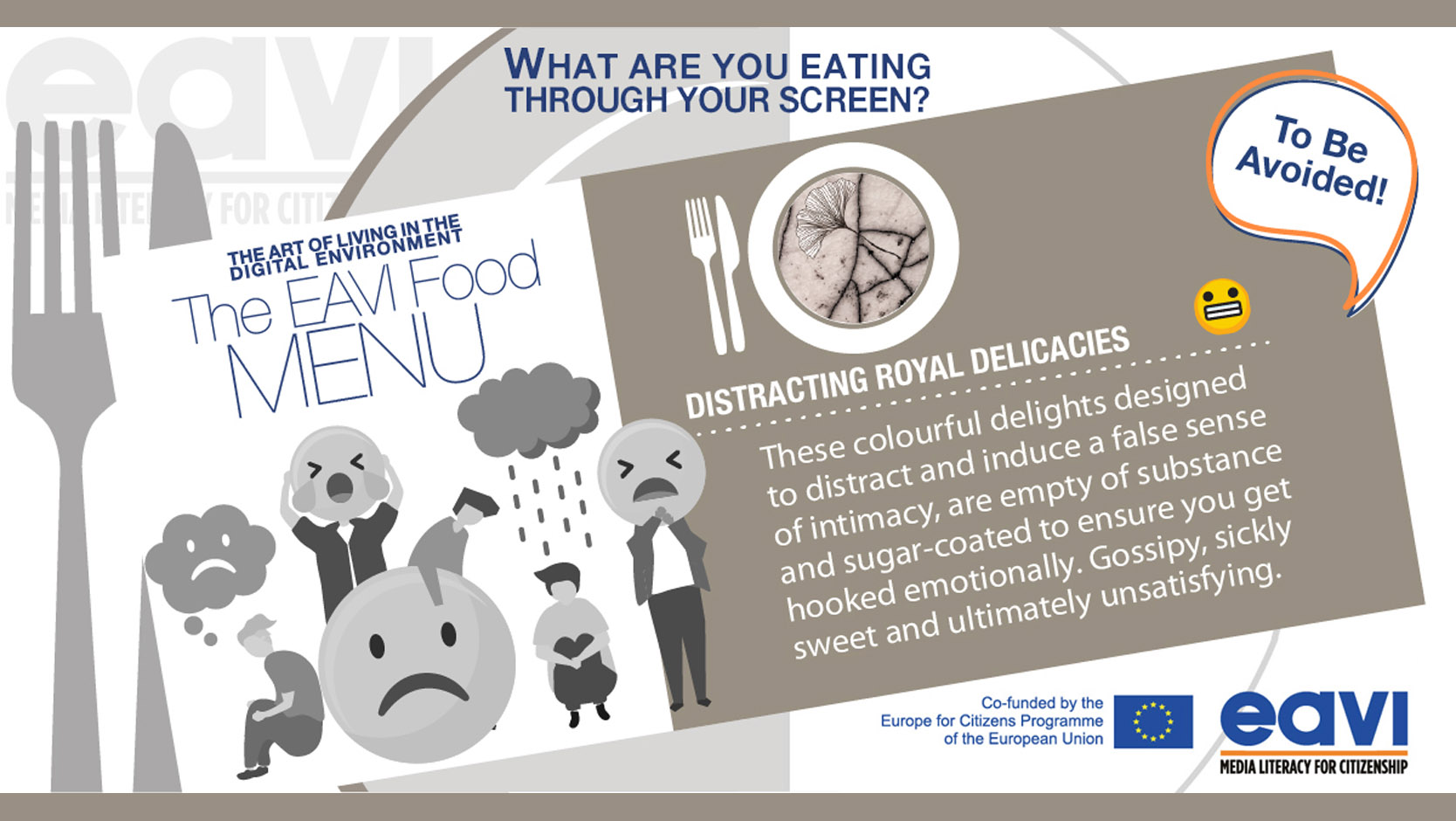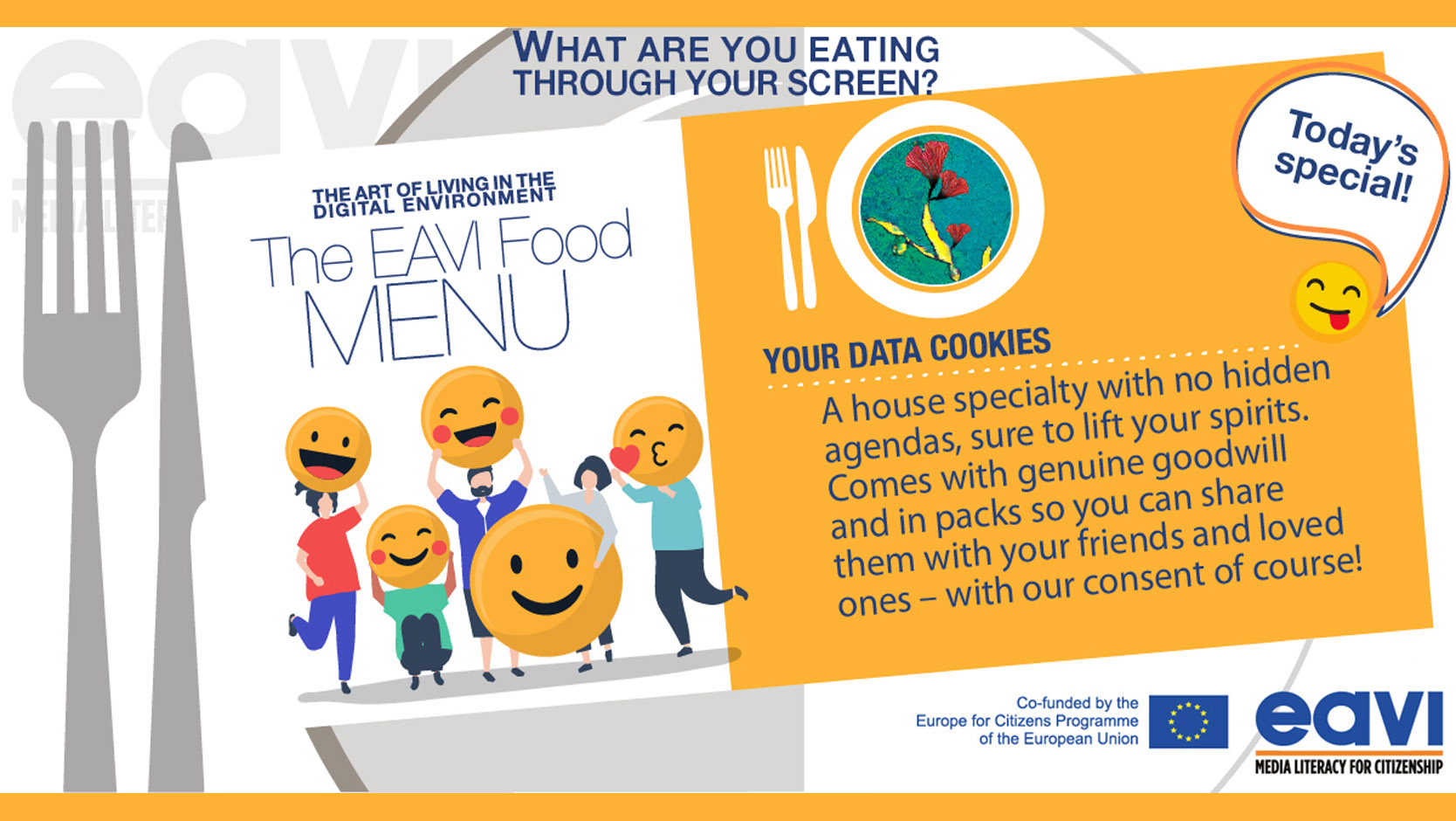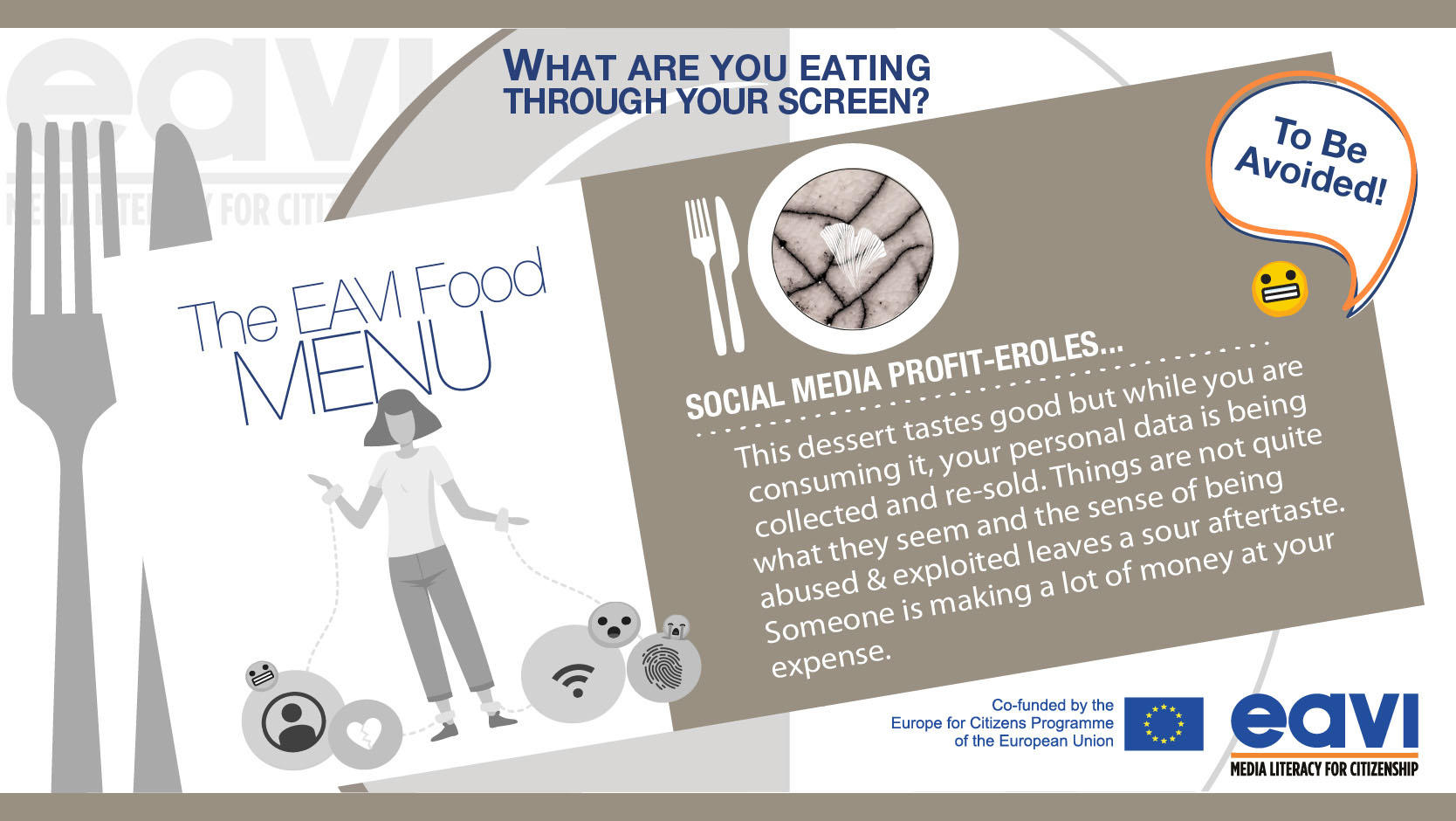
This dessert tastes good, but while you are consuming it, your personal data is being collected and re-sold. Things are not quite what they seem and the sense of being abused & exploited leaves a sour aftertaste. Someone is making a lot of money at your expense.
Social media is watching you
Have you ever had any of these chilling experiences, where you listen to your friend’s music at their place and when you return home, corresponding music videos have popped up in your Youtube-suggestions? Or you casually chatted about a new online shoe store with someone in person and later, your Facebook-feed was full of ads for this very shop? Well, you just might have consumed social media profit-eroles without really knowing it.
It has pretty much become commonplace that the platforms we use often know more about us than we are aware of. Exemplary for this was an outraged customer who complained to the U.S. retailer Target that his teenage daughter had received advertising for baby clothes1. It turned out that from mining customer data, the retailer had correctly assumed that the daughter was pregnant, which her father had not known at the time.
Although cases like this certainly raise the question of how much we want platforms and advertisers to know about us, the fact that they do know so much might not sound too problematic at first: after all, if you have nothing to hide, it shouldn’t be that much of an issue if social media and co collect your personal data, right? Plus, personalized Google search or Facebook ads can help us navigate the vast information that the web holds and find the things that are relevant to us faster. And finally, providing our personal data is a way to indirectly pay platforms that offer us our services for free2.
Data Mining and Manipulation
However, as Jaron Lanier put it in the much discussed documentary the social dilemma, the true problem lies in the fact that it’s not our data that’s being sold to advertisers, “It’s the gradual, slight, imperceptible change in your own behavior and perception that is the product.” Put simply: our data is being used to manipulate us. Whether that is in the form of getting us to buy things we didn’t need or want, or impacting an entire country’s voting results as it happened in the scandalous Cambridge Analytica case during the 2016 U.S. presidential election3.
The way such forms of behavior manipulation are made possible is through data mining: the analysis of large amounts of user data to discover patterns and relationships. This, for example, generates information about which type of ad or political (fake) news a certain group of users is most likely to click on and share – potent and dangerous information that can undermine our free will and democracy as we know it. And the especially bad news is that we are a lot easier to manipulate than we might think: A 2021 study by Zach Bastik4 found that exposure to fake news for as little as under 5 minutes could already significantly change people’s unconscious behavior without them realizing it.
Protecting your Data
So how can you protect your data, which is often collected without you even knowing about it or ever consenting to it? And how can you save yourself from manipulative content?
In any case, even if entirely waterproof data protection has almost become impossible nowadays, a thing you can always do is start a conversation: what online world do we want to live in? Should data collection and mining be restricted more? Tighter legislation like the European Digital Services Act, which was proposed by the European Commission in 2020, could significantly increase data safety for European users in the future.
Learn More
Here’s some links if you want to learn more about how your data is being sold and how you can protect it:
https://www.consumernotice.org/data-protection/mining/
https://createdbycocoon.com/post/keeping-your-information-safe-data-miners
https://www.youtube.com/watch?v=Hhyzx-rRBps&ab_channel=DWShift
Also, have a look at the Netflix documentary the social dilemma and Tristan Harris’ closely related Ted-Talk to get chilling insights into how social media companies handle your personal data and the threats to democracy and society that arise from this.
A term that often comes up in relation to data mining is big data, but the two terms have different meanings! Learn more about big data and data mining so you won’t ever confuse the two. Or click here to find out more about what a VPN is.
Resources
1: Kamber, H. M. & Pei, J. (2006) Data Mining: Concepts and Techniques. San Mateo, CA, USA: Morgan Kaufmann.
2: Xu, L., Jiang, C., Wang, J., Yuan, J. & Ren, Y. (2014). Information security in big data: privacy and data mining. Ieee Access, vol. 2, pp. 1149-1176.
3: Lapaire, J.-R. (2018). Why content matters. Zuckerberg, Vox Media and the Cambridge Analytica data leak. Retrieved from: http://www.ucs.br/etc/revistas/index.php/antares/article/view/6583. doi: 10.18226/19844921.v10.n20.06
4: Bastick, Z. (2021). Would you notice if fake news changed your behavior? An experiment on the unconscious effects of disinformation. Computers in Human Behavior, 116, 106633.
5: Smalls, D; Wilson, G (2021). Ten quick tips for staying safe online. PLoS Computational Biology, vol 17, issue 3. doi: 10.1371/journal.pcbi.1008563

